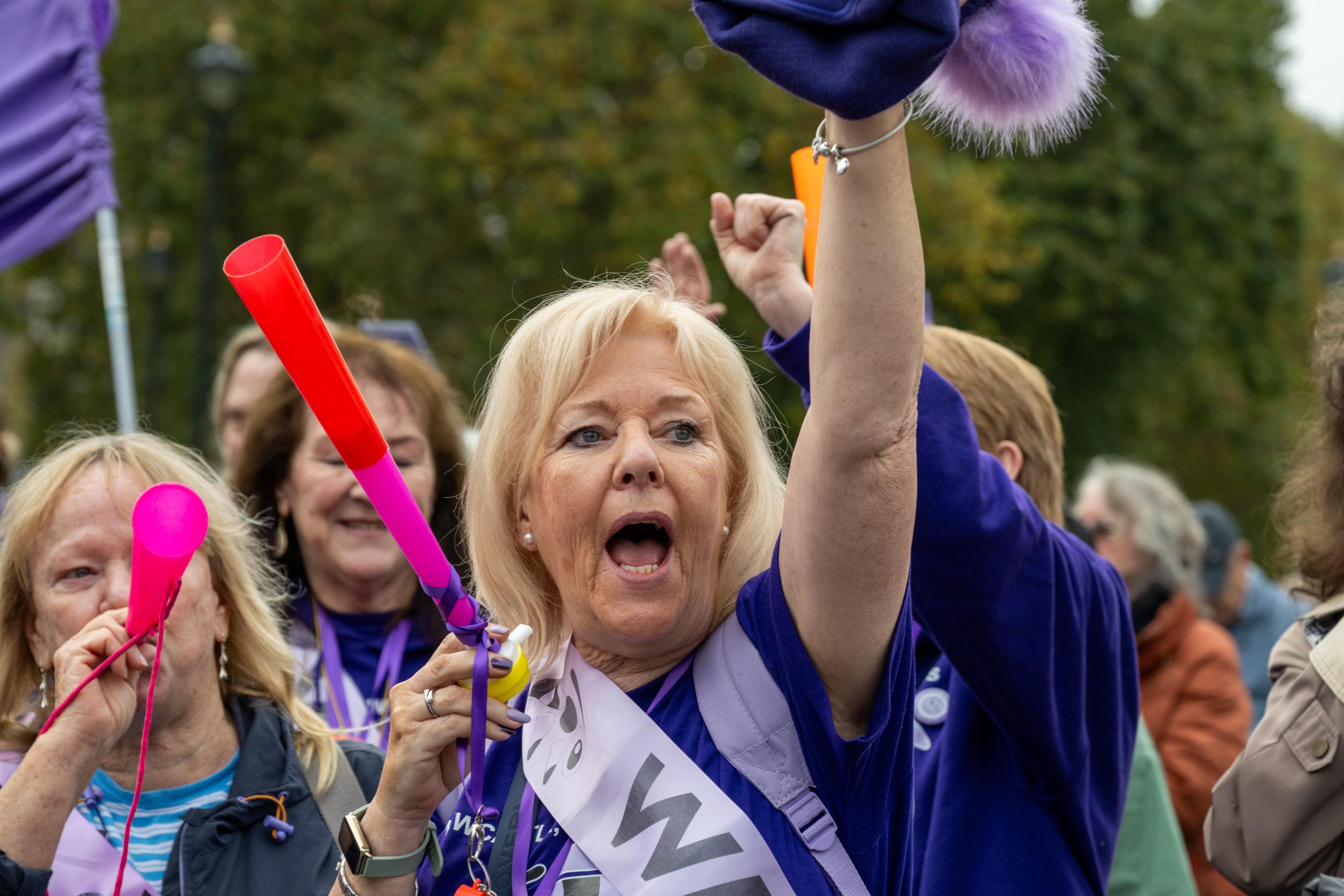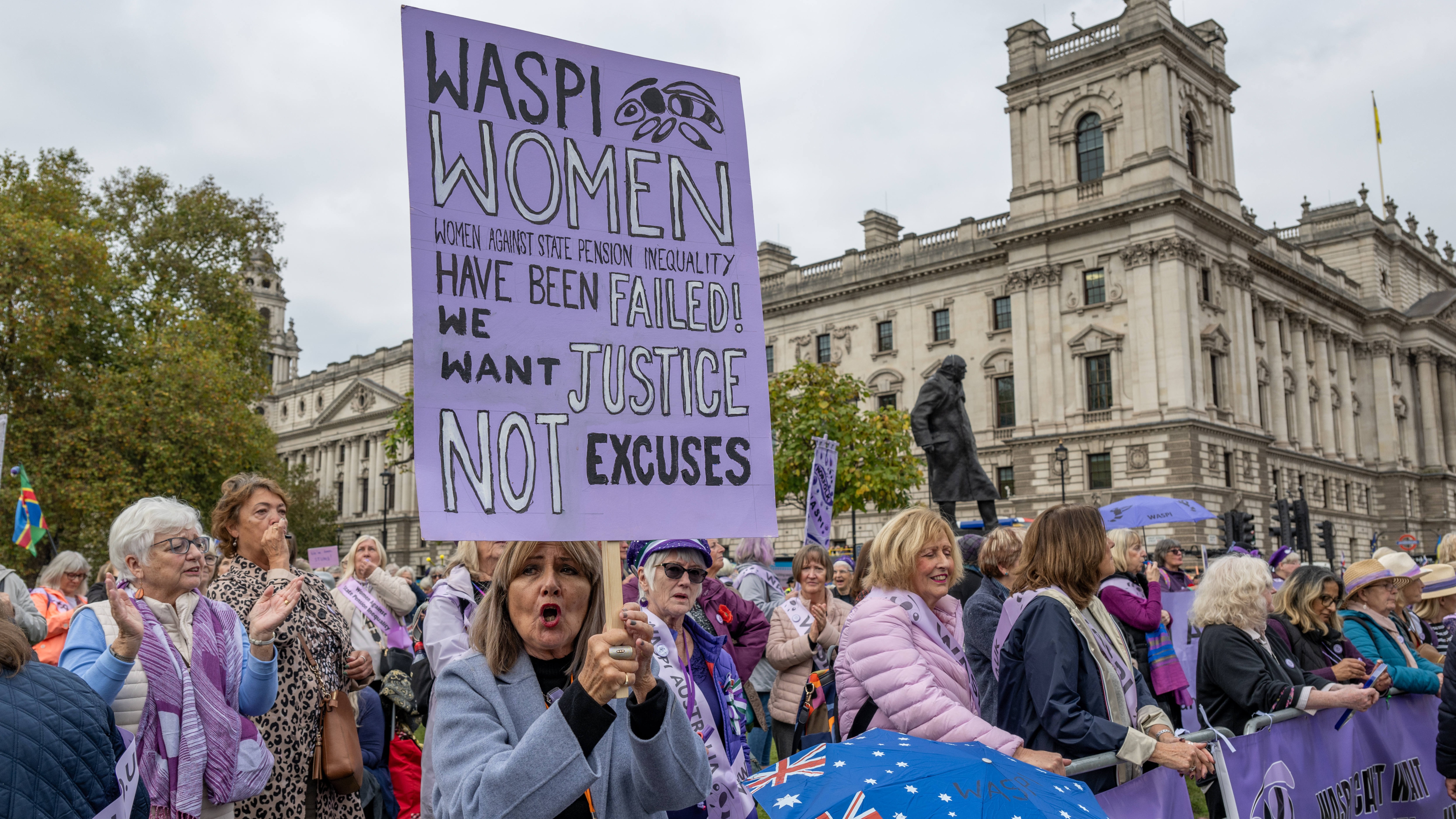
Women Against State Pension Inequality – Latest News & Updates
The campaign known as women against state pension inequality has become one of the most high-profile grassroots movements in the UK. It represents millions of women, mainly born in the 1950s, who were significantly affected by changes to the state pension age. These women argue that they were not given enough notice to prepare for retirement, leaving many in financial and emotional distress.
At its heart, this movement is not challenging the idea of equalising the state pension age for men and women, but rather the way in which these changes were introduced. Campaigners believe the government failed to communicate the reforms fairly, resulting in hardship for those who had planned for a different retirement timetable. The fight has become a symbol of fairness, equality, and accountability in public policy.
Background: Understanding the State Pension Age Changes
Before the changes, women in the UK could claim their state pension at the age of 60, while men had to wait until 65. The 1995 Pensions Act set out to gradually equalise the pension age between genders, a decision that many saw as fair in principle. However, the timetable for these changes was later accelerated by the 2011 Pensions Act, which increased the pension age more quickly than originally planned.
Women born in the 1950s were disproportionately affected by these changes. Some saw their retirement age increase by up to six years, but with little warning. Many had already left the workforce or adjusted their finances based on the old rules, making it nearly impossible to adapt to the sudden shift. This disruption is what sparked the creation of the women against state pension inequality campaign.
The Birth of the WASPI Movement
The women against state pension inequality movement, also known as WASPI, was formed in 2015 by a group of women determined to challenge the way the changes had been implemented. What began as a small initiative quickly evolved into a nationwide campaign, fuelled by social media, community support, and extensive media coverage.
WASPI’s strength lies in its ability to combine legal arguments with powerful human stories. Members have organised marches, gathered hundreds of thousands of petition signatures, and taken their cause directly to Parliament. Their activism has kept the issue in the public eye for nearly a decade, making it one of the most persistent social justice movements in the UK.
The Core Issues at Stake

The main grievance for women against state pension inequality campaigners is the lack of adequate notice. Some women were given just one year to prepare for a pension age increase of up to six years, a situation many argue was both unfair and poorly managed. This short notice period left little room for financial planning, career adjustments, or savings top-ups.
The result has been significant hardship for many affected women. Some have been forced back into physically demanding jobs well past the age they expected to retire, while others have had to rely on benefits, family support, or depleted savings. Campaigners argue that this situation undermines the principle of fair treatment and erodes trust in government decision-making.
Government Response and Legal Developments
Successive UK governments have acknowledged the changes but consistently refused to provide financial compensation, claiming that the reforms were necessary to ensure fairness between men and women. While ministers accept that some women faced challenges, they maintain that the legal process of changing the pension age was carried out correctly.
However, the Parliamentary and Health Service Ombudsman has found evidence of maladministration in the way the changes were communicated. Despite this, the government has rejected recommendations for compensation. This has led women against state pension inequality to pursue legal action, aiming to force the government to address what they see as a clear injustice.
Latest News & Updates (2025)
As of 2025, the women against state pension inequality movement remains highly active. Recent legal proceedings have kept the issue in the headlines, with campaigners hopeful that court decisions could force the government to reconsider its stance. The debate has intensified as more MPs and public figures have voiced support for WASPI’s cause.
Despite government resistance, the campaign has shown remarkable resilience. Online petitions continue to gather signatures, and rallies draw large crowds across the UK. Media coverage remains strong, ensuring that the injustice felt by these women stays in the public consciousness. Many see the movement as a litmus test for how the UK treats its citizens in matters of fairness and equality.
The Human Impact: Real Stories from WASPI Women
The women against state pension inequality movement is built on deeply personal experiences. Many women speak of having to abandon early retirement plans and return to work, often in physically taxing roles that are harder to manage in later life. These personal accounts add a human face to what might otherwise be seen as a technical policy debate.
Others describe the emotional toll of the changes. Retirement, once a time for family, hobbies, and rest, has instead become a period of uncertainty and stress. Some have had to delay important life plans, such as caring for relatives or travelling, simply because their financial security was undermined by the abrupt policy shift.
How You Can Support the WASPI Campaign
Supporting the women against state pension inequality movement can be done in many ways. Signing official petitions and contacting your local MP can help apply political pressure. Public support is crucial in showing that this is not a niche issue, but one that affects fairness and justice across society.
Those who wish to take a more active role can attend rallies, donate to legal funds, or volunteer with local WASPI groups. Even sharing information online can help raise awareness, bringing new supporters into the fold. The campaign thrives on community engagement, and every voice adds weight to the call for justice.
Conclusion
The women against state pension inequality campaign is a powerful example of ordinary people standing up to challenge government policy. While the legal and political battles are far from over, the determination of WASPI members has already reshaped the public conversation around pensions, fairness, and accountability.
Ultimately, this movement is about more than just money. It’s about respect for the people who have contributed to society for decades, only to have the terms of their retirement change without fair warning. In fighting for themselves, these women are also fighting for the principle that citizens should be treated with honesty and fairness by their government.
Frequently Asked Questions
What is the Women Against State Pension Inequality campaign?
It is a UK movement representing mainly 1950s-born women affected by sudden increases to the state pension age.
Who is affected?
Primarily women born between 1950 and 1960 who saw their pension age rise without sufficient notice.
Has the government offered compensation?
No, the government has rejected calls for compensation despite recommendations from the Ombudsman.
What are the latest updates in 2025?
Court cases are ongoing, with campaigners hopeful for a favourable outcome. Public rallies and petitions continue.
How can I get involved?
Sign petitions, contact your MP, attend events, and share campaign messages online to raise awareness.
You may also read: Tomato Energy – Smart Solar Tariffs, Reviews & Company Status 2025








